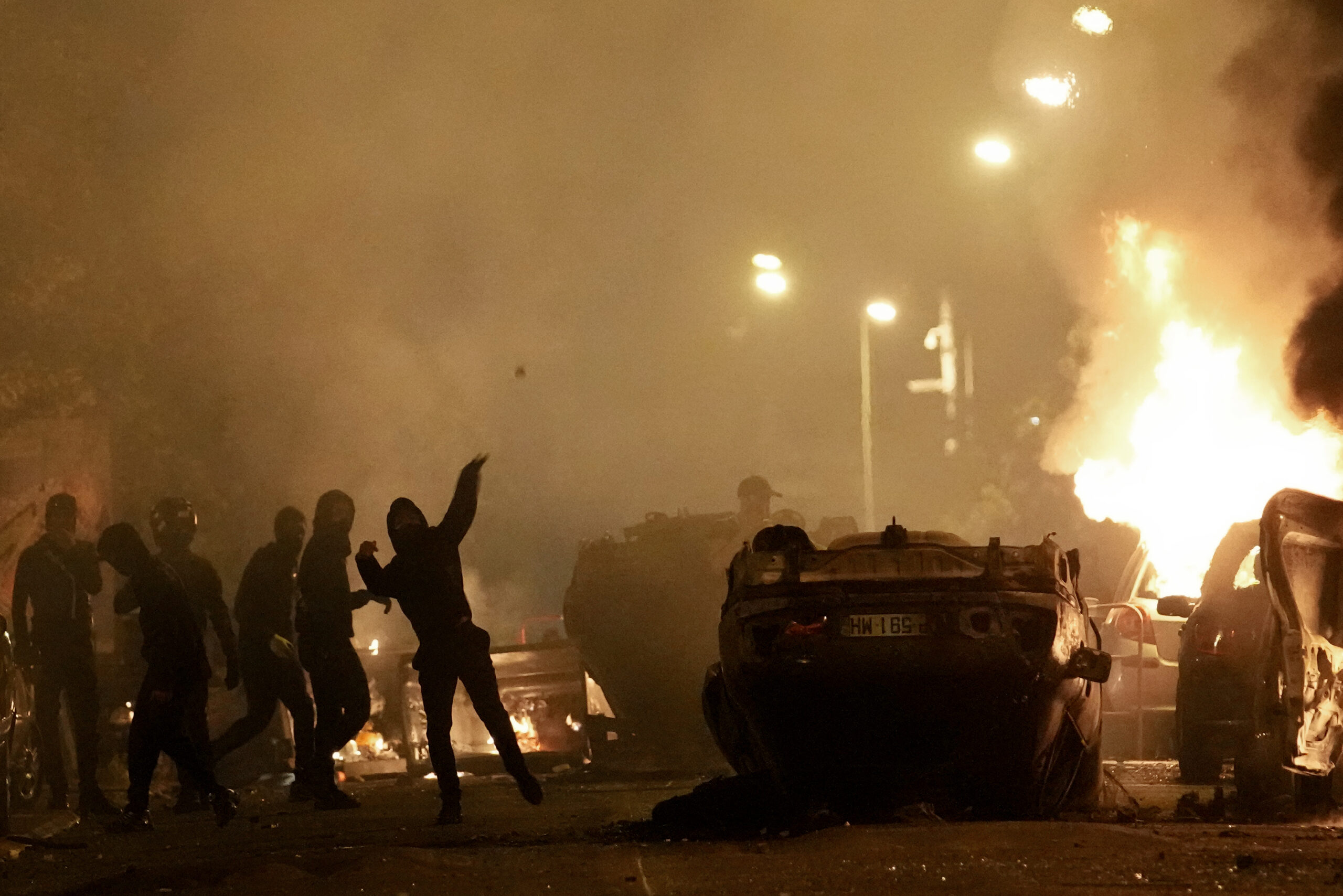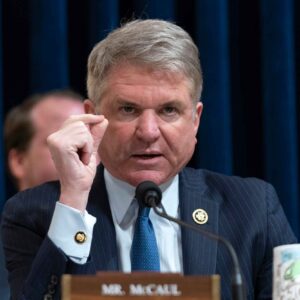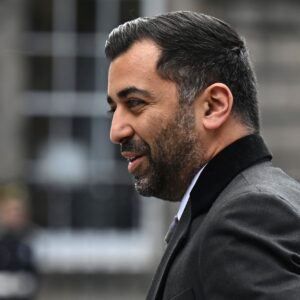France is in flames from nation-wide rioting in response to a fatal police shooting of a young Muslim man. The riots hardly come as a shock, the French people tend to make them a habit. As recently as April, the country was rioting due to President Emmanuel Macron raising the retirement age by two years. If you’re the president of France, you best expect your people to riot.
But Macron is aiming to take some shockingly draconian measures to cover up the unrest, as ZeroHedge notes. “We’ve seen them; Snapchat, TikTok and several others, serve as places where violent gatherings have been organized, but there’s also a form of mimicry of the violence which for some young people leads them to lose touch with reality. You get the impression that for some of them they are experiencing on the street the video games that have intoxicated them,” Macron said. Long story short? For Macron, truth breeds violence. While right now he is only requesting these videos to be censored, don’t be surprised if this is the opening salvo in an effort to restrict French civil liberties electronically.
Macron is also creating a scapegoat during this mess- the youth. This will allow older citizens to buy into an “us vs. them” mentality, thereby making it easier for the government to ban specific streaming content. He notes a third arrested in the riots were “very young” and said “it’s not the state’s job to act in their place.”
The riots are getting bad. 200 police officers have been injured in their efforts to protect France’s most prized cities. 875 people have been arrested as well. And more than 700 businesses have been damaged.
You might think that France would never censor social media, but just look at recent history. A year ago, Turkey severely restricted their social media laws, making it illegal to speak out against incumbent President Erdogan. He won re-election by a tiny margin. If social media was less restrictive, his more democratic-leaning opponent might have won. And the European Union has established a self policing rule for social media giants with the Digital Services Act. Companies are now legally responsible for removing flagged hate speech. If they don’t, their entire platforms would be unavailable for download. While banning hate speech is good on its face, the definition of hate speech can be a broad and dangerous one, making it the beginning of a slippery slope. Don’t be shocked if France follows suit.


















Add comment